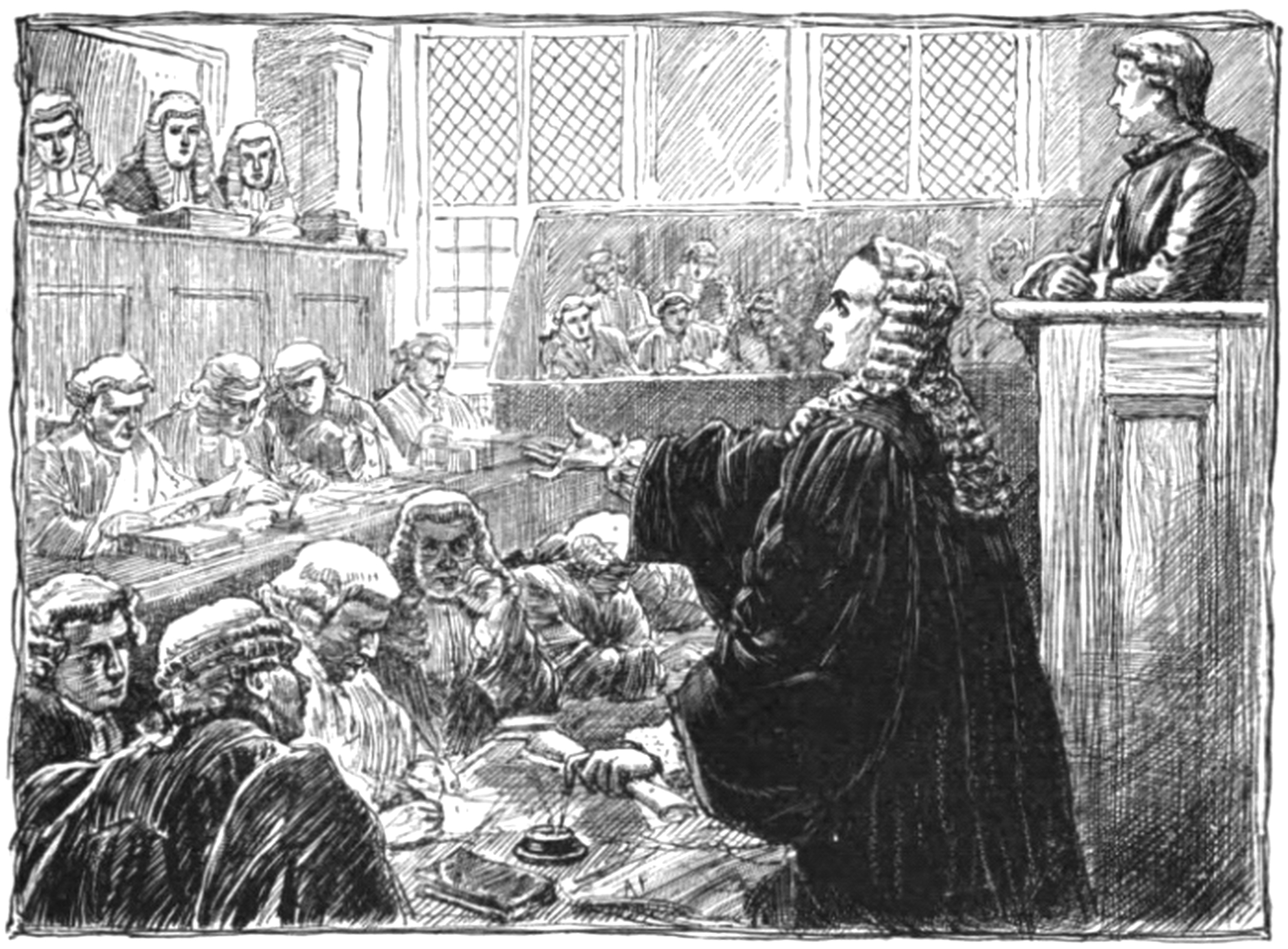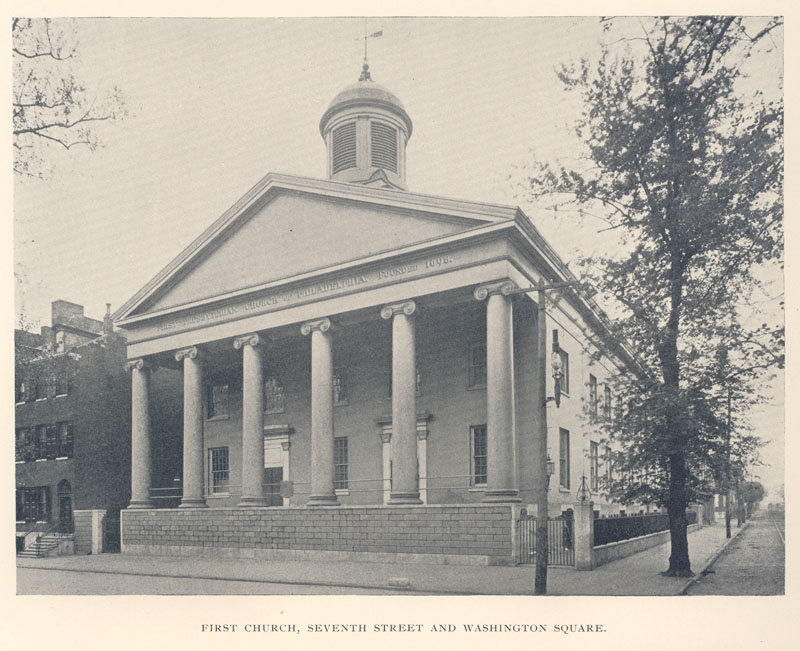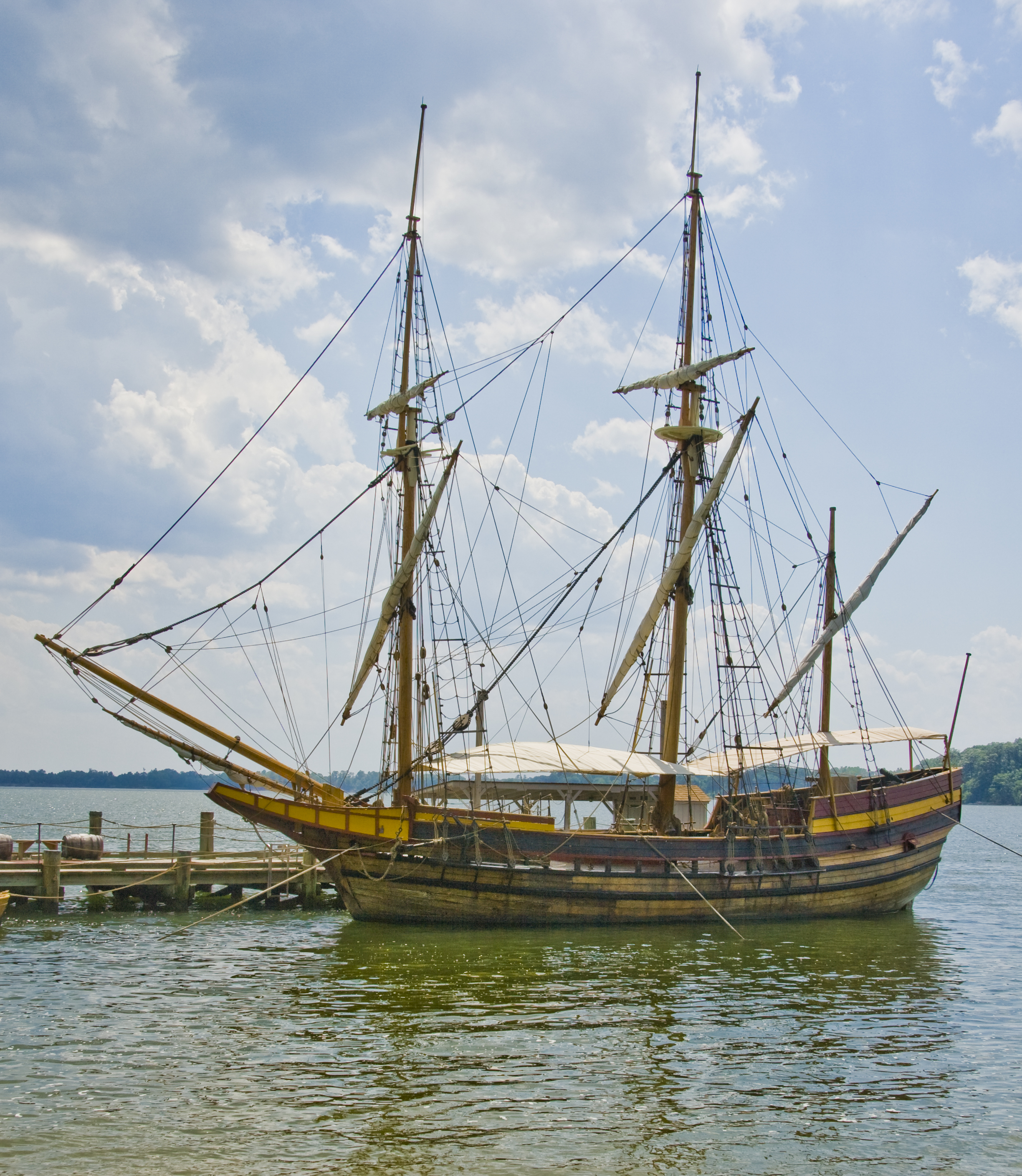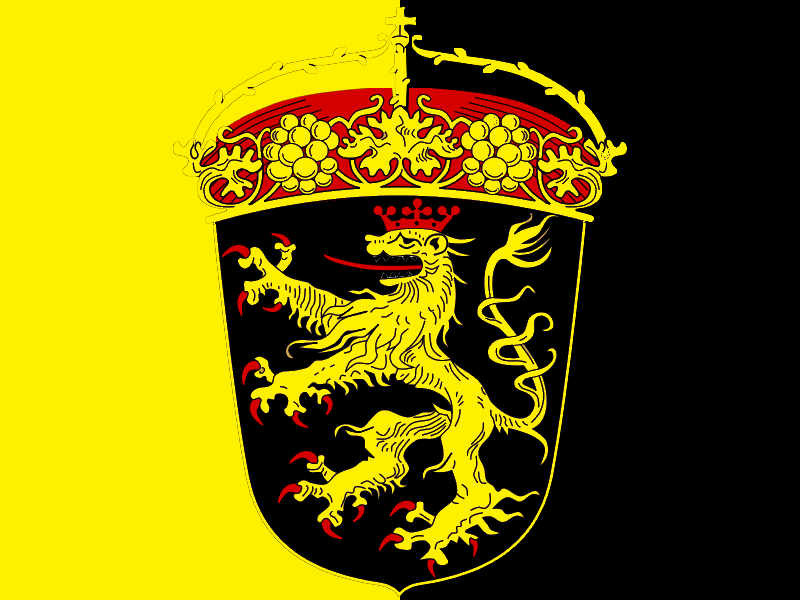|
John Peter Zenger
John Peter Zenger (October 26, 1697 – July 28, 1746) was a German printer and journalist in New York City. Zenger printed '' The New York Weekly Journal''. He was accused of libel in 1734 by William Cosby, the royal governor of New York, but the jury acquitted Zenger, who became a symbol for freedom of the press. In 1733, Zenger began printing '' The New York Weekly Journal'', which voiced opinions critical of the colonial governor, William Cosby. On November 17, 1734, on Cosby's orders, the sheriff arrested Zenger. After a grand jury refused to indict him, the Attorney General Richard Bradley charged him with libel in August 1735. Zenger's lawyers, Andrew Hamilton and William Smith, Sr., successfully argued that truth is a defense against charges of libel. Early life Peter Zenger was born in 1697 in the German Palatinate. Most of the details of his early life are obscure. He was a son of Nicolaus Eberhard Zenger and his wife Johanna. His father was a school teacher in Imp ... [...More Info...] [...Related Items...] OR: [Wikipedia] [Google] [Baidu] |
Impflingen
Impflingen () is a municipality in Südliche Weinstraße district, in Rhineland-Palatinate, western Germany Germany,, officially the Federal Republic of Germany, is a country in Central Europe. It is the second most populous country in Europe after Russia, and the most populous member state of the European Union. Germany is situated betwe .... References Municipalities in Rhineland-Palatinate Südliche Weinstraße {{SüdlicheWeinstraße-geo-stub ... [...More Info...] [...Related Items...] OR: [Wikipedia] [Google] [Baidu] |
William Smith (judge, Born 1697)
William Smith (8 October 1697 – 22 November 1769) was an American lawyer and jurist. Life Smith was born on 8 October 1697 in Newport Pagnell in England. He was the eldest of five sons born to Thomas Smith (1675–1745) and Susanna (née Odell) Smith (1675–1729). In 1715, he emigrated with his family to New York where his father became one of the founders of the First Presbyterian Church on Wall Street, inviting Jonathan Edwards to serve as minister. Once in America, Smith studied religion, law and the classics at Yale College, graduating in 1719. Career After his graduation from Yale, he worked as a tutor there before being offered the presidency when he was 27 years old. Smith declined the offer, in order to begin a law practice in New York City. In 1751, he was appointed Attorney General of New York, followed by an appointment as a member of the Governor's Council, serving on the latter from 1753 until 1767. In 1760, Smith was offered the position of Chief Justi ... [...More Info...] [...Related Items...] OR: [Wikipedia] [Google] [Baidu] |
Divers
Diver or divers may refer to: *Diving (sport), the sport of performing acrobatics while jumping or falling into water *Practitioner of underwater diving, including: **scuba diving, **freediving, **surface-supplied diving, **saturation diving, and ** atmospheric suit diving People * Diver (surname) *Edward Divers (1837–1912), British chemist *"Diver", nickname of Tom Derrick (1914–1945), Australian Second World War recipient of the Victoria Cross Military *V-1 flying bomb, code named "diver" by the British World War II armed forces **Operation Diver, the British countermeasures against the German V-1 flying bomb campaign *AUM-N-4 Diver, a proposed U.S. Navy torpedo-carrying missile of the late 1940s. * Diver (United States Navy) Arts and entertainment * ''Diver'' (EP), a 2006 EP by A Wilhelm Scream * "Diver" (Nico Touches the Walls song), a 2011 song by Nico Touches the Walls * "Diver" (Kana-Boon song), a 2015 song by Kana-Boon * ''Divers'' (album), a 2015 album by Joanna ... [...More Info...] [...Related Items...] OR: [Wikipedia] [Google] [Baidu] |
Proclamation
A proclamation (Lat. ''proclamare'', to make public by announcement) is an official declaration issued by a person of authority to make certain announcements known. Proclamations are currently used within the governing framework of some nations and are usually issued in the name of the head of state. A proclamation is (usually) a non-binding notice. A general distinction is made between official proclamations from states or state organs with a binding character and proclamations from political-social groups or organizations, both of which try to win over the mood of those addressed. In addition, the procedure of proclaiming the beginning of a rule over a certain ruling territory is called a proclamation. For example, on July 26, 1581, the Proclamation of Dutch Independence was signed which led to the creation of the Dutch Republic in 1588, formally recognized in 1648 by the Peace of Münster. The announcement of the intention to marry two people, the bidding, was referred to ... [...More Info...] [...Related Items...] OR: [Wikipedia] [Google] [Baidu] |
James DeLancey
James De Lancey (November 27, 1703 – July 30, 1760) served as chief justice, lieutenant governor, and acting colonial governor of the Province of New York. Early life and education De Lancey was born in New York City on November 27, 1703, the first son of Étienne de Lancy and Anne, a daughter of Stephanus Van Cortlandt. His brother, Oliver De Lancey, became a senior Loyalist officer in the American War of Independence, joining General Howe on Staten Island in 1776, and raising and equipping De Lancey's Brigade, three battalions of 1,500 Loyalist volunteers from New York State. His sister Susannah Delancey became the wife of Admiral Sir Peter Warren, and another sister, Anne DeLancey, became the wife of John Watts, member of the New York General Assembly. James went to England for his schooling, and to Corpus Christi College, Cambridge, where he was tutored by future Archbishop of Canterbury Thomas Herring, before studying law at the Inner Temple, London. Having been ... [...More Info...] [...Related Items...] OR: [Wikipedia] [Google] [Baidu] |
Lewis Morris (governor)
Lewis Morris (October 15, 1671May 21, 1746), chief justice of New York and British governor of New Jersey, was the first lord of the manor of Morrisania in New York City (in what is now the Bronx). Biography Born on the estate of his parents, Richard Morris (originally from Monmouthshire, Wales) and Sarah (Pole) Morris in 1671, this Lewis Morris was the first in a lengthy string of men with the same name to inherit the prominent estate of Morrisania in the southwest section of today's Bronx. Richard and Sarah moved their estate from Barbados to the Bronx after buying the estate from Samuel Edsall in 1670 when it was still known as Broncksland. As the name suggests, Broncksland was the original settlement of Jonas Bronck and his wife, for whom the borough is named. In the fall of 1672, both Richard and Sarah died, leaving only the infant Lewis, barely a year old, as the lord of the manor. Although the manor was left in the trust of five prominent Westchester citizens until Le ... [...More Info...] [...Related Items...] OR: [Wikipedia] [Google] [Baidu] |
1733 NYWeeklyJournal Jan7
Events January–March * January 13 – Borommarachathirat V becomes King of Siam (now Thailand) upon the death of King Sanphet IX. * January 27 – George Frideric Handel's classic opera, ''Orlando'' is performed for the first time, making its debut at the King's Theatre in London. * February 12 – British colonist James Oglethorpe founds Savannah, Georgia. * March 21 – The Molasses Act is passed by British House of Commons, which reinforces the negative opinions of the British by American colonists. The Act then goes to the House of Lords, which consents to it on May 4 and it receives royal assent on May 17. * March 25 – English replaces Latin and Law French as the official language of English and Scottish courts following the enforcement of the Proceedings in Courts of Justice Act 1730. April–June * April 6 – **After British Prime Minister Robert Walpole's proposed excise tax bill results in rioting over the imposition ... [...More Info...] [...Related Items...] OR: [Wikipedia] [Google] [Baidu] |
Anna Catharina Zenger
Anna Catharina Zenger (–1751) was an American publisher and the first woman to publish a newspaper in America. Her family having fled the Pfalz region of Germany, she was born Anna Catharina Maul around 1704, possibly in England or in the Netherlands. Her family moved through Rotterdam to England and on to New York City in 1710, where she grew up, eventually marrying a member of the same refugee group, John Peter Zenger. The couple married on 11 September 1722 in Manhattan's Dutch Reformed Church. Her husband had worked for New York printer William Bradford, advancing from an indentured servant, to a journeyman, and eventually becoming Bradford's partner in 1725. After publishing an unremarkable Dutch language book about the reformed church, the partnership dissolved and John established his own printing business. John specialized in Dutch religious and academic texts until, in 1732, he was caught up in a political scandal. That year William Cosby became the colony's new g ... [...More Info...] [...Related Items...] OR: [Wikipedia] [Google] [Baidu] |
First Presbyterian Church (Philadelphia)
The First Presbyterian Church in the City of Philadelphia, Pennsylvania, is located on 21st and Walnut Streets, built in an array of architectural styles of leading Philadelphia architects. The First Presbyterian Church is located within the Rittenhouse Fitler Historic District. History The First Presbyterian Church in the City of Philadelphia, also known as 'First Church', was organized around 1692. Religious services began in a building known as the "Barbadoes Warehouse", located on the northwest corner of Second and Chestnut Streets. For a time, both Baptists and Congregationalists shared this facility with the Presbyterians. In 1704, the congregation moved to the south side of High Street (now Market Street) at the corner of Bank Street. Here the first Presbyterian church in Philadelphia was established. Then, in 1793, it was renovated and made more spacious and elegant. Twenty-seven years later it was abandoned, due to unsafe conditions and the encroachment of the surr ... [...More Info...] [...Related Items...] OR: [Wikipedia] [Google] [Baidu] |
Province Of Maryland
The Province of Maryland was an English and later British colony in North America that existed from 1632 until 1776, when it joined the other twelve of the Thirteen Colonies in rebellion against Great Britain and became the U.S. state of Maryland. Its first settlement and capital was St. Mary's City, in the southern end of St. Mary's County, which is a peninsula in the Chesapeake Bay and is also bordered by four tidal rivers. The province began as a proprietary colony of the English Lord Baltimore, who wished to create a haven for English Catholics in the New World at the time of the European wars of religion. Although Maryland was an early pioneer of religious toleration in the English colonies, religious strife among Anglicans, Puritans, Catholics, and Quakers was common in the early years, and Puritan rebels briefly seized control of the province. In 1689, the year following the Glorious Revolution, John Coode led a rebellion that removed Lord Baltimore, a Catholic, from pow ... [...More Info...] [...Related Items...] OR: [Wikipedia] [Google] [Baidu] |
William Bradford (Colonial Printer)
William or Bill Bradford may refer to: Arts and entertainment *William Bradford (painter) (1823–1892), American artist and Arctic explorer *William Bradford (architect) (1845–1919), British architect of breweries *William Bradford (cinematographer) (1905–1959), American cinematographer Military *William Bradford (Plymouth soldier) (1624–1703), military commander of Plymouth during King Philip's War; son of Governor Bradford *William Bradford (soldier, born 1771) (1771–1826), U.S. Army officer * William Bradford (general) (1896–1965), U.S. Army general and Olympic equestrian *Bill Bradford (British Army officer) (1912–1996), British Army officer in World War II Politics and law *William Bradford (governor) (1590–1657), English Governor of Plymouth Colony *William Bradford (Rhode Island politician) (1729–1808), U.S. Senator *William Bradford (Attorney General) (1755–1795), American lawyer and judge; second U.S. Attorney General * William G. Bradford (1925–2008), ... [...More Info...] [...Related Items...] OR: [Wikipedia] [Google] [Baidu] |
German Palatines
Palatines (german: Pfälzer), also known as the Palatine Dutch, are the people and princes of Palatinates ( Holy Roman principalities) of the Holy Roman Empire. The Palatine diaspora includes the Pennsylvania Dutch and New York Dutch. In 1709, England found itself hosting thousands of Palatines and other Germans who were fleeing famine, war and religious persecution in their native lands. Many of the first arrivals came from the Rhenish and Bavarian Palatinates, and the refugees became collectively known as the "Poor Palatines". They had been displaced by French invasions and famine during the Nine Years' War and the War of the Spanish Succession. After arriving in London, many were resettled in Ireland and British America. Towards the end of the 17th century and into the 18th, the wealthy region was repeatedly invaded by French troops during two wars. At that time the region had not yet fully recovered from the Thirty Years' War. They imposed a scorched-earth policy and ... [...More Info...] [...Related Items...] OR: [Wikipedia] [Google] [Baidu] |





